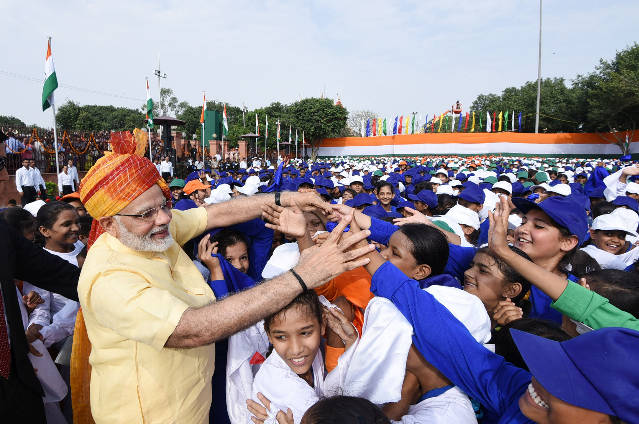Almost every politician or political party is incapable of not using the policy of freebies and the citizens, who are the voters are powerless in saying no to them. Today, almost all parties distribute or at least promise materials like laptops to students, money to senior citizens, free electricity, water, and so on. And the citizens, considering themselves worthy of these luxuries since they are the ones who brought them into power accept them rightfully. But it's high time we acknowledge what recklessness of voters and ignorance of politicians bring about. Making goods free of cost may seem a profit, as now the common man can afford life more easily and the representative or leader to be who is doing so, gets what they want, votes, and hence, power. But I assume the reader to be prudent enough to ask the question, 'What sources of revenues are left for governance?' For confirming to the Constitution of India, these sources are the taxes levied by the government on basic daily essentials of common people such as water, electricity, transport, housing, etc and since now it's all free of cost, these constitutionally designated sources of money for the smooth running of government get reduced to null.
Ultimately, the answer to your question is, becoming a debtor. The more the government makes goods tax-free, the more they borrow money and the more they are in debt. The states of Uttar Pradesh, Maharashtra, West Bengal, Gujarat, and Punjab are the toppers when it comes to being a debtor. And in case the extravagance of the unfortunate effects of debts is still not recognized, I'm obliged to remind you of the condition of Sri Lanka at present. Sri Lanka has a foreign debt of 6.50 lakh crores which has resulted in the rise of prices of daily goods to a level that even financially strong citizens cannot afford enough food for their survival. Unemployment is at it's pinnacle, people are dying from hunger and have started revolting against the government of Sri Lanka which has now taken a violent form. Now, imagine what would be the condition of Tamil And which has 6.59 lakh crores debt on it which is comparatively way higher than that of Sri Lanka. Recently, this seemingly small but humongous problem has come into limelight. The supreme court of India asked the Central government to find ways to curb the promises or distributions of freebies by political parties and governments. Kapil Sibal, a respected senior advocate of the supreme court recommended finance commission check the amount of debt of an individual state and then decide whether they are eligible for offering freebies. But, it's not only about the indiscriminate use of money and power by the leaders but also the greed of citizens who are impulsively ready to take whatever they are getting for free.
The election commission of India said in it's affidavit that "whether such policies are financially viable or its adverse effect on the economic health of the State is a question that has to be considered and decided by the voters of the State". We are the decisive factors. After all, there's no point in selling products for free if the customer is not ready to take them. We are the citizens of India who have a beautiful and Prudential Constitution that we should follow with our truest generosity. Nothing more than what we actually deserve should be expected or taken for granted. Such flings always end up in regrets and suffering. As Rusty Eric quoted,
"As long as greed is stronger than compassion, there will always be suffering."

